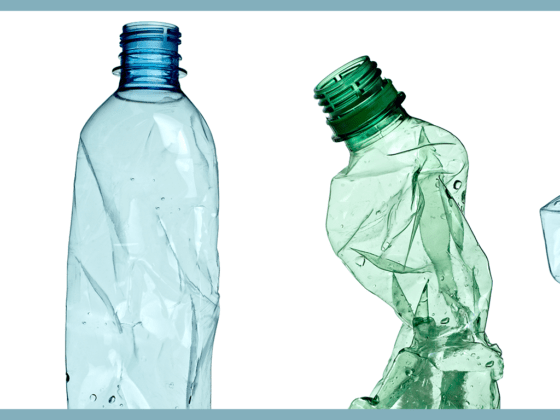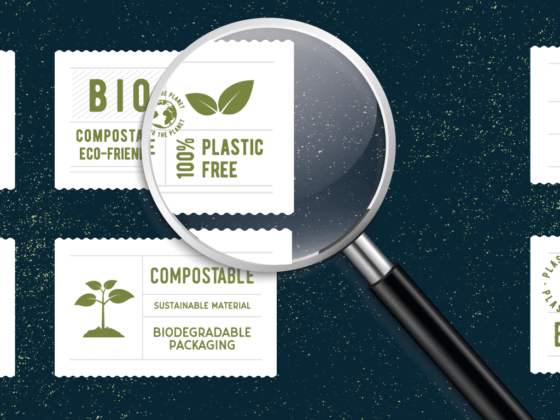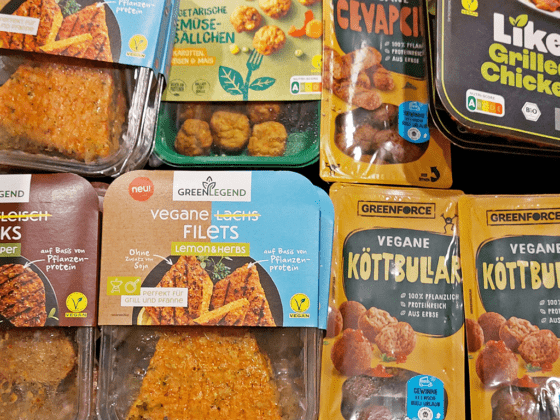ATTITUDE WITH BISS
I recently read something about an impressive comparison on the subject of plastic. Between the years 1950 and 2015, 8.3 billion tons of plastic were produced worldwide. That equates to more than a ton for every person currently living on the planet. One ton of plastic for every person in the world – this illustrates the inconceivable quantities that fly around our globe, swim and have nested in the most diverse plant, animal and human organisms.
The comparison comes from the “Plastic Atlas” of the Heinrich Böll Foundation and the German environmental protection organization BUND. A brochure in which the authors are tough on the plastics industry. I often have discussions with NGOs – after all, we at flustix deal with plastics on a daily basis. Often I am asked: “So now you find plastic good too or what?”
I then say: yes. Without plastic, we would have a huge problem. Because plastic makes things possible that ensure our survival. All of the modern medicine needs plastic, both in terms of medical devices and medicines. The mobility revolution needs plastic. What would our trains look like without plastic? E-cars? Bicycles? E-bikes? Inconceivable without plastics. The food industry needs plastic. How should food come to us, if we had no plastic packaging?
No, don’t worry, this newsletter does not contain a cheerleading contribution for the plastics lobby. On many points, I agree with the rightly concerned environmentalists. We are far too irresponsible in our use of plastics. We must get plastic waste under control; it is deadly for us and our environment. The inflationary and thoughtless use of cheap plastic in many industries cannot be justified by anything and must be stopped. We need more recycling, more circular economy, more attention to long-lasting products. And we have to stop throwing more and more plastic senselessly into the world. Where plastic makes sense and where we must absolutely stop the use of plastic, you can read in the big lead report of this newsletter.
Who knows flustix, knows about our core competence: We investigate whether used plastics are recyclable, how high the proportion of recycled materials in recycled plastic is. We are committed to using this material responsibly and holistically – and to banning it where it endangers our future as a cheap throwaway product. More about our work can be found here.
But you can also contact us directly – for example at the upcoming K trade fair, the most important and largest plastics trade fair in the world (October 19-26 in Düsseldorf).
We’re looking forward to the exchange!
See you soon,
Malte Biss
 English
English Deutsch
Deutsch




